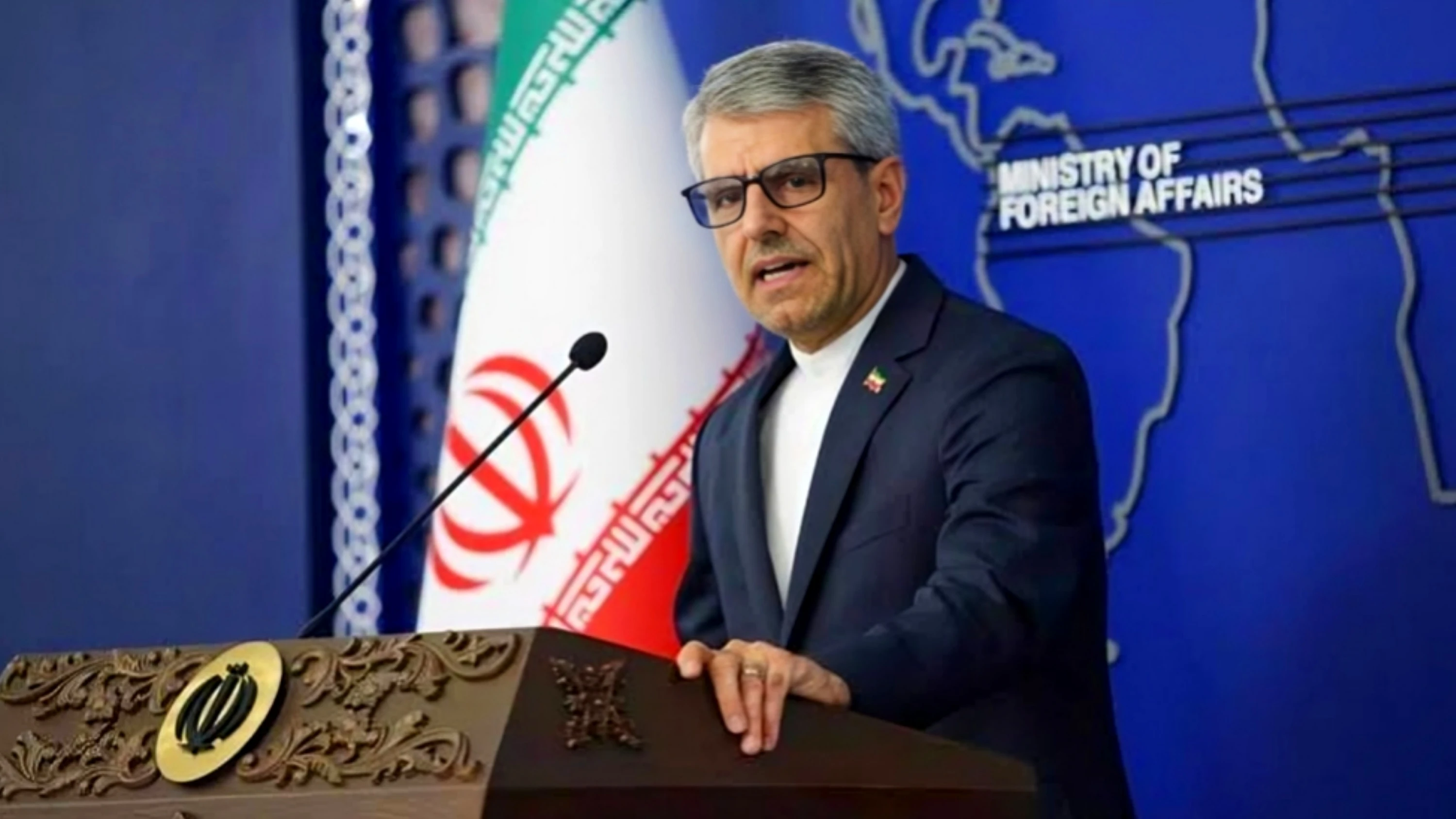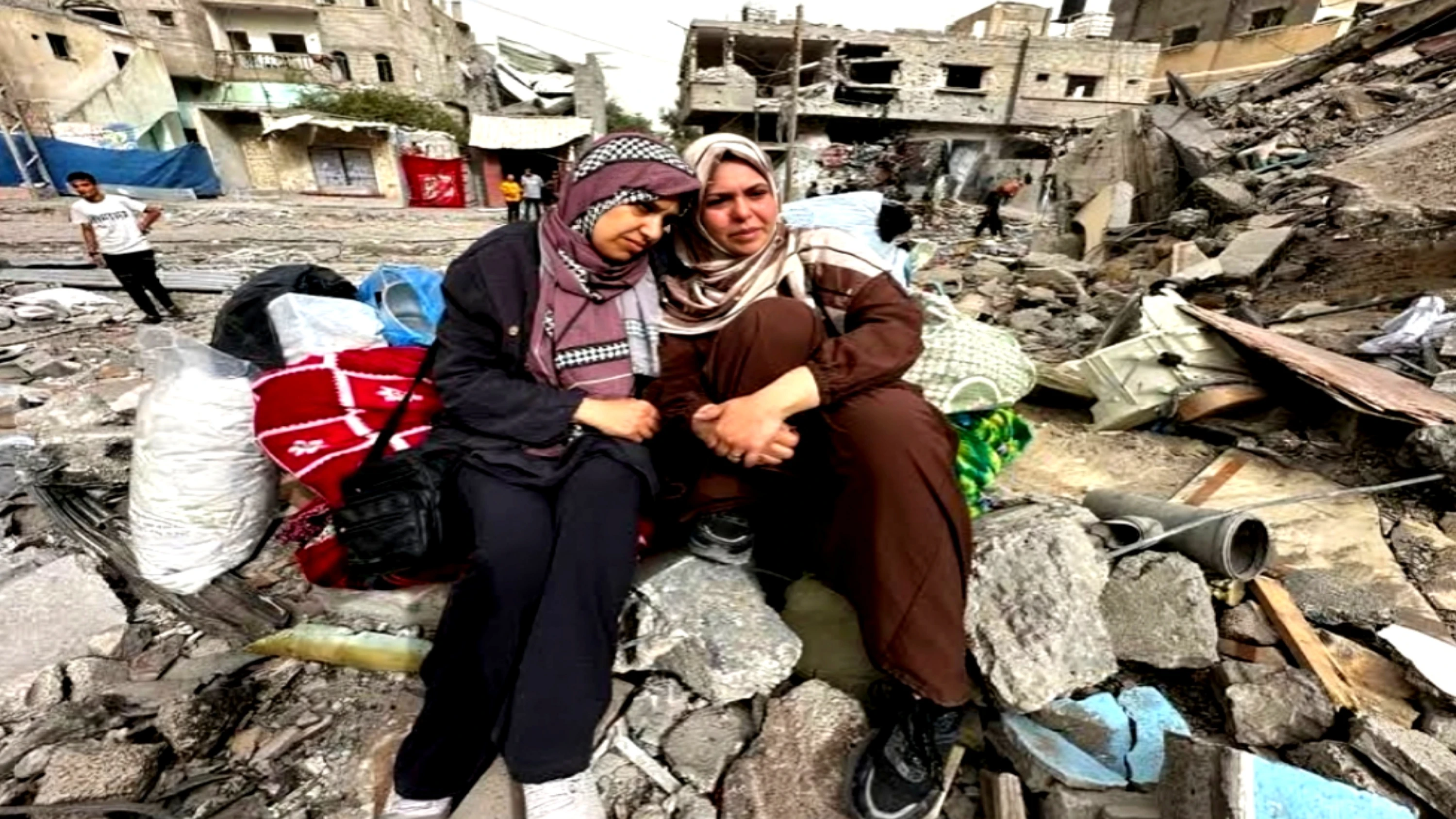Tehran: Iran will soon unveil its own proposal for a new nuclear agreement with the United States, according to the country’s Ministry of Foreign Affairs, signaling dissatisfaction with Washington’s latest offer.
Foreign ministry spokesman Esmaeil Baghaei announced during a weekly press briefing on Monday that Tehran had found the American proposal lacking and would submit a revised version through mediator Oman. This is the first formal indication that Iran plans to reject the U.S. draft following the fifth round of indirect negotiations last month.
“The U.S. proposal fails to incorporate key elements discussed in previous talks,” Baghaei said, without elaborating on specific shortcomings. He noted that Iran’s proposed plan is in the final stages of preparation and will be forwarded to Washington shortly.
Among Tehran’s chief complaints is the continued absence of a clear roadmap for lifting U.S. sanctions—a longstanding Iranian demand. The economic sanctions, many of which were reinstated during Donald Trump’s previous presidency, have severely impacted Iran’s economy.
Since April, the two countries have been engaged in diplomatic efforts aimed at reviving or replacing the 2015 nuclear accord that Trump unilaterally withdrew from in 2018. However, negotiations remain stalled over key issues, particularly Iran’s uranium enrichment program. Tehran maintains that enrichment is a sovereign right, while Washington considers it a critical obstacle to any agreement.
President Trump, now back in office and pushing a renewed "maximum pressure" sanctions policy, has insisted that any future deal must prohibit Iran from enriching uranium—something Supreme Leader Ayatollah Ali Khamenei recently dismissed outright. Khamenei has vowed to continue enrichment inside Iran, asserting that the U.S. plan undermines Iranian interests.
Meanwhile, the International Atomic Energy Agency (IAEA) is convening a Board of Governors meeting in Vienna this week to review Iran’s nuclear activities. The gathering follows the release of an IAEA report criticizing Tehran for inadequate cooperation, particularly regarding unexplained nuclear material found at undeclared sites. Iran has rebuffed the report as biased, claiming it is based on allegedly forged Israeli documents.
Baghaei stated that no date has been set for the next round of nuclear negotiations, though Iran remains committed to continuing the dialogue.








